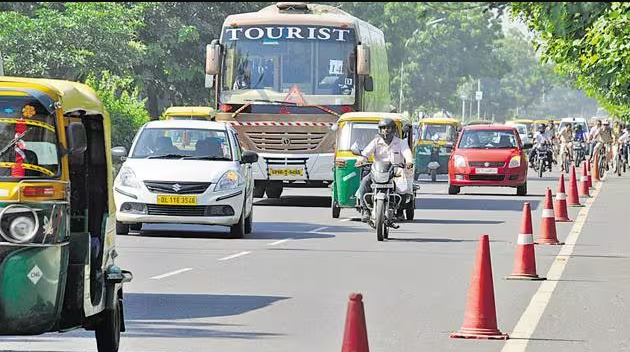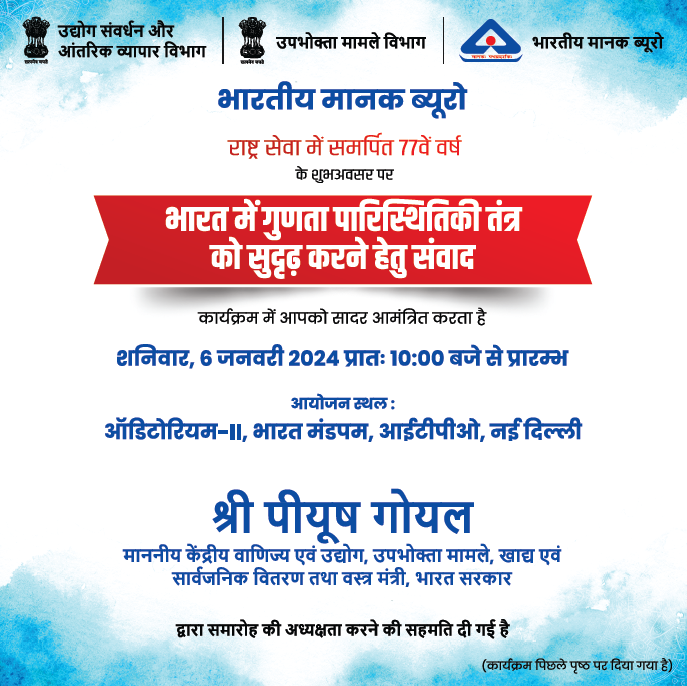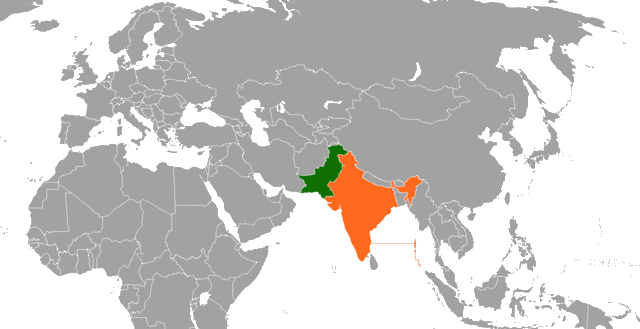
Non-compliance with E-Challan
- December 16, 2023
- 0
In India, the Central Board of Indirect Taxes and Customs (CBIC), the top authority for indirect taxes and customs duties, changed the business threshold for E-challan to Rs 5 crores from August 1. This is to get more small enterprises that have turnover between Rs 5 crore and Rs 10 crore within it’s ambit Now, only small businesses (as per the definition of MSMEs with a turnover of less than Rs 5 crores) are exempt from the ambit of E-challan.
The E-challan system reduces errors and fraudulent credits, which are issued before transactions.
The purpose of reducing the business threshold is to include small businesses in the formal economy. However, small and medium-sized enterprises either do not know about it or are avoiding tax compliance.
More than one lakh small and medium enterprises (SMEs) are not adhering to the standards of Goods and Services Tax (GST) E-challan, which has been made mandatory for firms doing business over Rs 5 crores.
Generally, information about non-compliance is being received from businesses whose turnover is between Rs 5 crores and Rs 20 crores. Around 20 to 30 percent of enterprises falling within this range are not complying with the E-challan rules. GST officials are issuing notices to such businesses and asking them to comply because failure to do so will result in consequences for non-compliance.
It is noteworthy that not issuing a challan or issuing an incorrect challan is an offense under the GST law, and a penalty of 100 percent of the outstanding tax or Rs 10,000 (whichever is higher) is imposed. There is a provision for a penalty of Rs 25,000 for issuing an incorrect challan.
In addition, goods can be seized, and denial of input tax credit (ITC) can occur. This can also impact the E-way bill.


































































